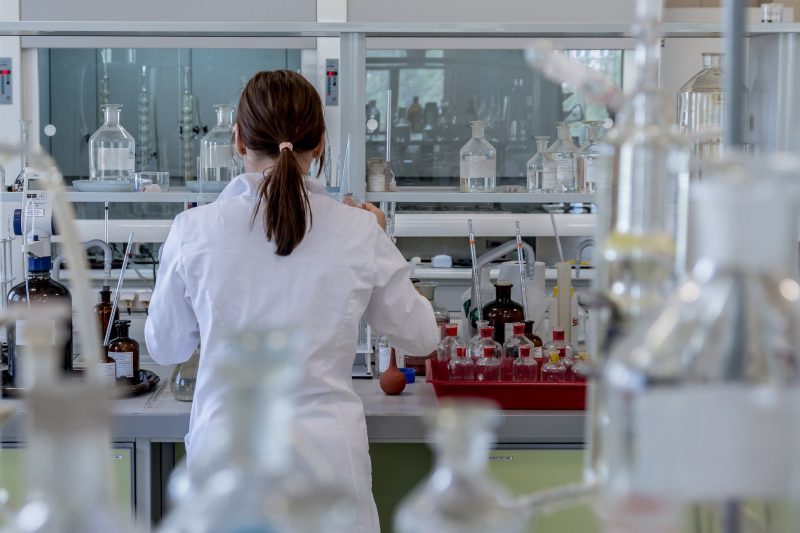
Biomedicine Electives for the 3rd Semester – Autumn 2021 (part 1/2)
For the third semester of the biomedicine (MSc) programme, the schedule says we have to complete one research project of around 11 weeks full-time, take two applied communications classes, and enroll in one elective course.
Therefore, by mid-May we had to submit a very short application to Canvas with information about our first and second choice, contact information, and a short explanation as to why we selected our preferred track. All elective tracks have courses offered to doctoral students. Thus, it is a great way to deepen your knowledge in the area you are planning on continuing studying later on!
We have six options for elective tracks in total, and three of them are the following:
1. Advanced course in developmental biology and regenerative medicine
This track aims to teach students, first, about stem cells and their use in the fields of developmental biology, embryology, reproductive medicine and health. Second about cell signaling in health and disease. Third, about how regenerative medicine can be beneficial for health. And fourth, the role of sex and gender in diseases and biomedical research. Consequently, students in this track participate in different short modules mainly at the Flemingsberg campus, but also on Solna campus, such as:
- Clinical achievements of reproductive medicine (dates: 06-09/10-09)
- Gene regulations in the early human embryo (20/09-22/09)
- Cellular Signaling (11/10-15/10)
- Sex and gender in biomedical research (18/10-22/10), plus seminars throughout the semester.

2. Metabolic and cardiovascular diseases
This track is the combination of two doctoral programs in Karolinska Institutet, the metabolism and endocrinology one, and cardiovascular research. As it name implies, the students in this track will learn about diabetes, obesity, hormonal disorders, lipid research, atherosclerosis, vessel biology, and more. Furthermore, this track benefits from the close collaboration with the best program in Diabetes research in Sweden, where a retreat is planned for mid-November. The short modules on both Fleminsberg and Solna campuses are the following:
- Immunometabolism – Implications for health and disease (dates: 13/9-17/9)
- Principles of cellular metabolism (20/9-1/10)
- Flow Cytometry from Theory to Application (4/10-8/10)
- Mechanisms of gene regulation in metabolism (14/10-20/10)
- Basic cardiovascular pathology (22/11-26/11)
- Experimental techniques in study of metabolic and endocrine disorders (29/11-3/12).

3. Immunology and Infection Biology
This track covers topics such as Swedish laboratory safety rules, viruses that affect human health, the role of bacteria in both health and disease, modern immunological techniques, parasites, and more. They offer a number of short modules, mainly on Solna campus but also on the Flemingsberg campus, with most lectures ending around 2pm. They are:
- Basic laboratory safety (04/10-11/10)
- Molecular Immunology (18/10-29/10)
- Human viral diseases – mechanisms and pathogenesis (01/11-05/11)
- Clinical and molecular bacteriology (08/11-12/11)
- Clinical and molecular parasitology and mycology (15/11-19/11).
Cell biology, genetics and genomics, neuroscience, and tumor biology tracks will be explained in the next blog.
Alessandra - Biomedicine (MSc)
Hi everybody! My name is Alessandra, but I usually go by my nickname, Kyomi. My role in the digital ambassador team is being the new Biomedicine (MSc) blogger. I was born and raised in Peru, but I moved to the United States for my undergraduate studies. After graduation, I worked for 2 years in a neuroscience lab. Now, I have moved to Sweden to be a student at Karolinska Institutet!

0 comments